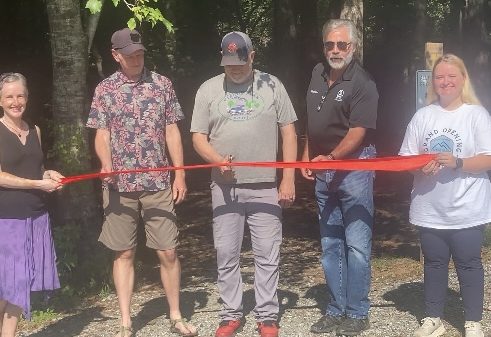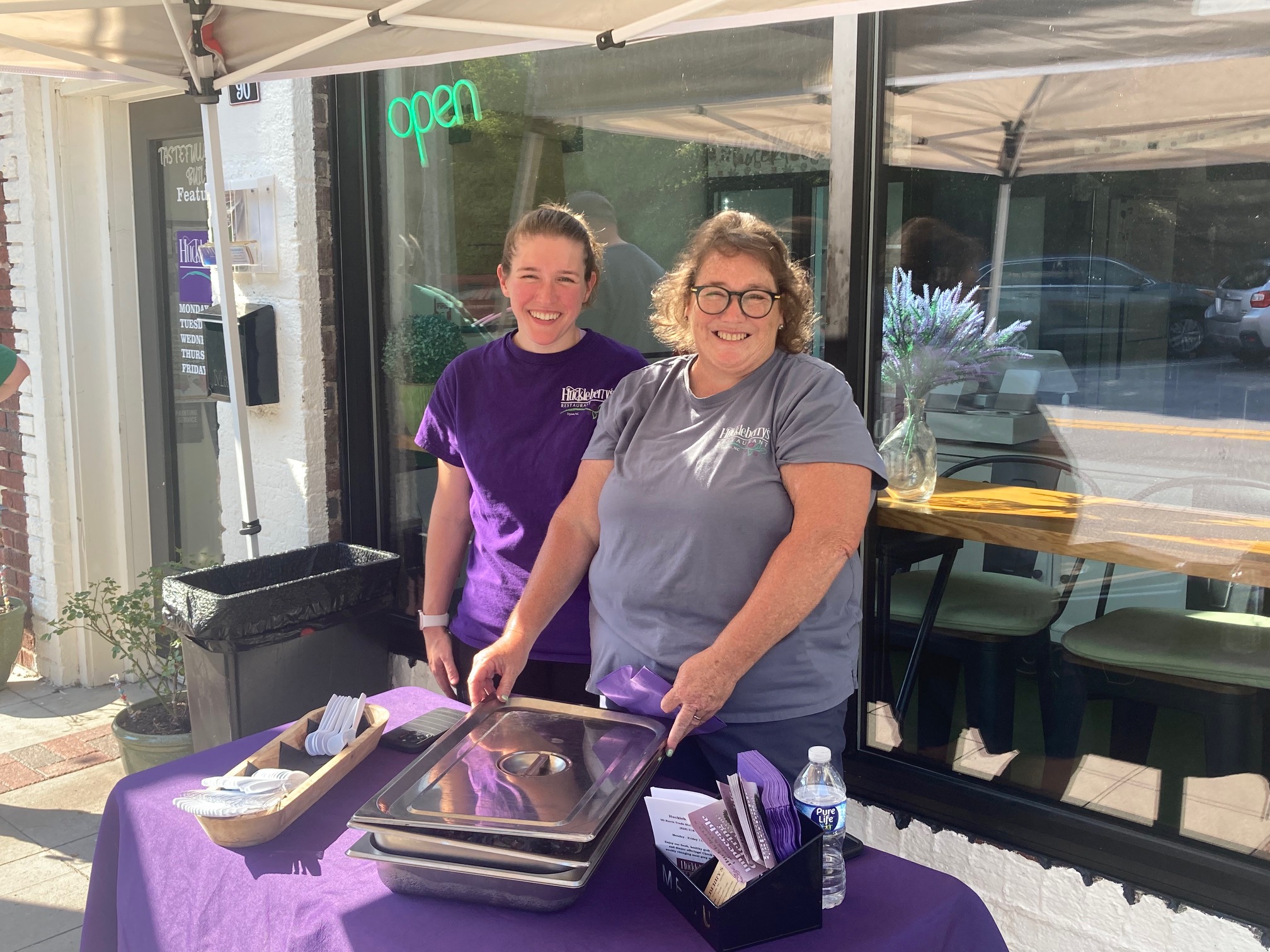St. Luke’s wears purple, recognizes Alzheimer’s Awareness Day
Published 10:00 pm Sunday, September 28, 2014
Turning every light in the house on at 4 a.m. Making coffee with no filter in the pot. Asking the same question six times because the answer is quickly forgotten. Looking for a deceased loved one over and over again. Suspicious of those around them, they accuse you of stealing their money. Not recognizing their grandchild. That’s a typical day for one of the 5.4 million Americans living with Alzheimer’s.
On Sept. 21, St. Luke’s Hospital and organizations across the world united to recognize World Alzheimer’s Day. The theme for World Alzheimer’s Day 2014 is ‘Dementia: Can We Reduce the Risk!’ – focusing on ways we may be able to help reduce our risk of developing dementia with brain healthy lifestyles.
Someone develops Alzheimer’s disease every 68 seconds, according to the Alzheimer’s Association. At current rates, experts believe the numbers of Americans living with Alzheimer’s will quadruple to as many as 16 million by the year 2050.
The Alzheimer’s Association defines Alzheimer’s disease as a progressive brain disorder that gradually destroys a person’s memory and ability to learn, reason, make judgments, communicate and carry out daily activities. As Alzheimer’s progresses, individuals may also experience changes in personality and behavior such as anxiety, suspiciousness or agitation, as well as delusions or hallucinations.
“As the disease progresses, behavioral problems are common,” explains Dr. Belynda Veser, Psychiatrist with the St. Luke’s Hospital Center of Behavioral Medicine. “Alzheimer’s patients can become easily agitated and have difficulty with both long and short-term memory, have problems with judgment and begin to have difficulty with such basic daily activities as dressing, eating, grooming and using the bathroom. Some of the most common problematic behaviors include: agitation, aggression, combativeness, delusions, hallucinations, insomnia, and wandering. Behavioral symptoms may be the result of a treatable problem such as pain, infection, discomfort, and can be treated through both non-pharmacological and pharmacological treatments.”
The specialty of geriatric psychiatry is especially trained to treat patients with Alzheimer’s disease as well as counsel and advise the caregivers of patients with Alzheimer’s. The geriatric psychiatrist can do the following: perform comprehensive clinical assessments; provide comprehensive treatment and management; and provide consultative services and education regarding mental health problems for older adults. Geriatric psychiatrists also can help family members cope with the psychological toll of care giving.
It’s comforting to know that families have access to respectful, compassionate mental health care through St. Luke’s Hospital. St. Luke’s Center of Behavioral Medicine is a 10-bed facility that treats a spectrum of disorders including: Alzheimer’s disease, depression, anxiety, adjustment disorder and other early onset dementias.
We know how much can be done to minimize the mental health problems of adults age 55 and older. Under the skilled medical direction of Dr. Veser, St. Luke’s offers diagnosis and in-patient treatment in a warm, personal setting. The rooms are comfortable, the halls are inviting and the dining room and family room are pleasant and welcoming just like you would expect at home.
Becky Brodar, Outreach Coordinator for St. Luke’s Center of Behavioral Medicine, says that all patients undergo a thorough evaluation, including a psychiatric, medical and psychological assessment. Once diagnosed, patients begin individualized treatment to alleviate those problems that are treatable and to manage those problems that are progressive. In all cases, we work to help patients achieve maximum independence. Patients and their families also benefit from our extensive referral network, which works to place patients in the most positive and least restrictive long-term setting when needed.
Access to this service starts with a simple telephone call. To find out whether an adult 55 years of age or older is suitable for our program, call 828-894-3525 extension 3333. We are available to help you 24 hours a day. An initial assessment is free and confidential.
Providing our community with valuable mental health services is just another way St. Luke’s Hospital continues to provide exceptional care, close to home.
– article submitted
by Jennifer Wilson





